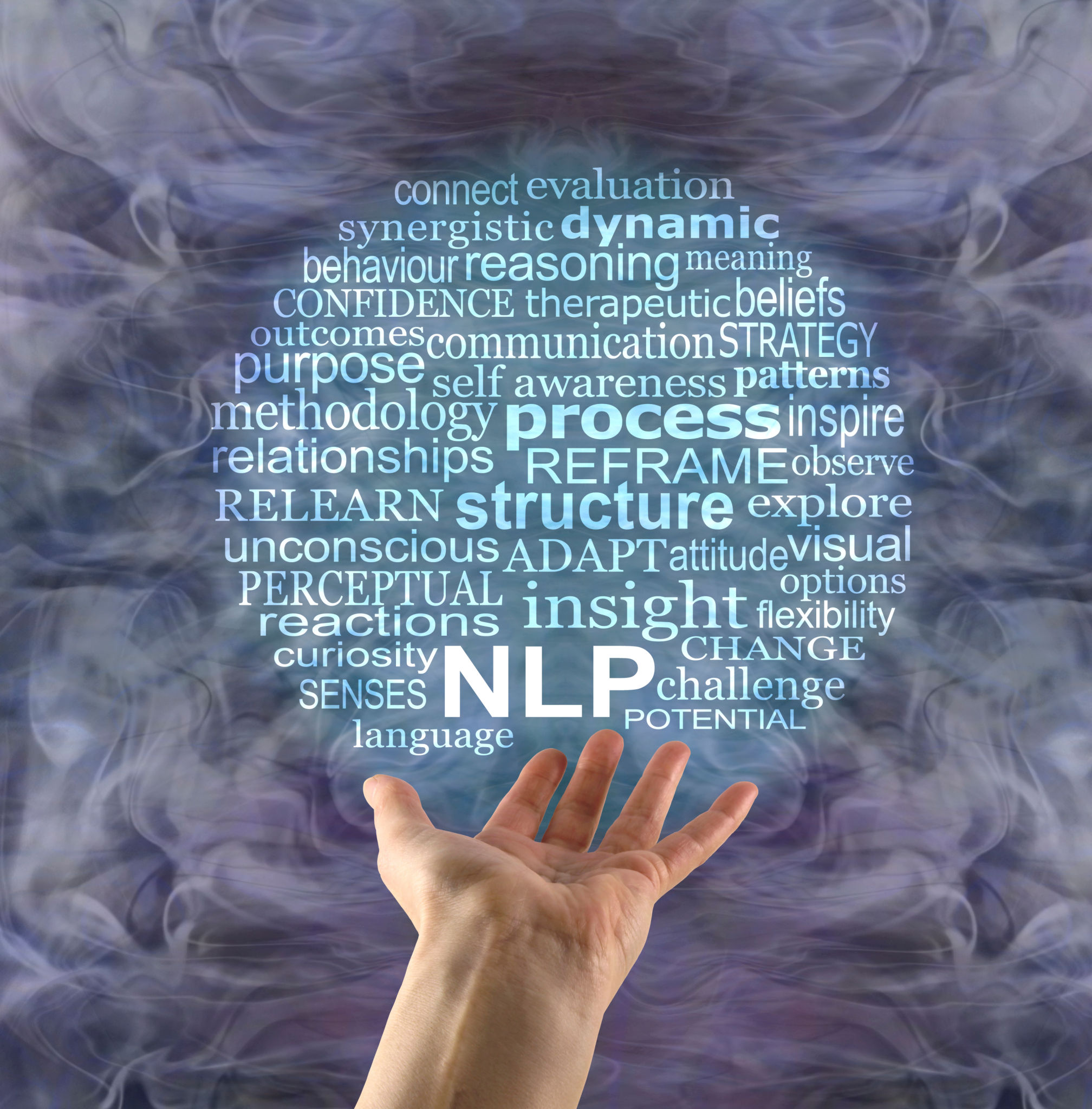Debunking Myths About NLP and Hypnotherapy: What You Need to Know
Understanding NLP and Hypnotherapy
Neuro-Linguistic Programming (NLP) and hypnotherapy are often misunderstood and surrounded by myths. Many people are skeptical about these practices, often due to a lack of understanding. This blog post aims to debunk common myths and provide a clearer picture of what these techniques are truly about.

Myth 1: NLP and Hypnotherapy Are the Same
One of the most prevalent myths is that NLP and hypnotherapy are identical. While they share some similarities, such as focusing on the mind's influence on behavior, they are distinct practices. NLP is a psychological approach that involves analyzing strategies used by successful individuals and applying them to reach personal goals. In contrast, hypnotherapy uses hypnosis to facilitate therapeutic change.
Myth 2: Hypnotherapy Is Mind Control
A common misconception is that hypnotherapy involves mind control or manipulation. In reality, hypnotherapy works by guiding individuals into a relaxed state where they can access their subconscious mind. The therapist cannot control the client's mind; rather, the client remains fully aware and in control throughout the session. Hypnotherapy aims to unlock potential and promote healing from within.

The Science Behind NLP
NLP is often criticized for lacking scientific backing. However, various studies suggest its effectiveness in improving communication skills, self-management, and personal development. NLP combines elements of psychology, linguistics, and computer science to create techniques that help individuals reframe thoughts and behaviors.
Myth 3: NLP Is a Quick Fix
Some people believe that NLP offers instant solutions to complex problems. While it can indeed facilitate rapid change, it's not a magic bullet. Like any personal development tool, NLP requires commitment and practice to achieve lasting results. It is best viewed as one part of a broader strategy for personal growth.

The Benefits of Hypnotherapy
Hypnotherapy has been proven beneficial in treating various conditions, including anxiety, stress, phobias, and pain management. Scientific research supports its efficacy, showing that it can be an effective complement to traditional medical treatments. Hypnotherapy enables individuals to access deeper parts of their consciousness for healing and self-improvement.
Myth 4: Only Weak-Minded People Can Be Hypnotized
This myth suggests that only gullible or weak-minded individuals can undergo hypnosis. In reality, almost anyone with an open mind can benefit from hypnotherapy. The success of hypnosis largely depends on the client's willingness and their trust in the therapist, rather than their mental strength.

Final Thoughts
Both NLP and hypnotherapy offer valuable tools for personal development and therapeutic healing. By debunking these myths, we can better appreciate the potential benefits these practices provide. It is essential to approach them with an open mind and consider them as part of a holistic approach to self-improvement.